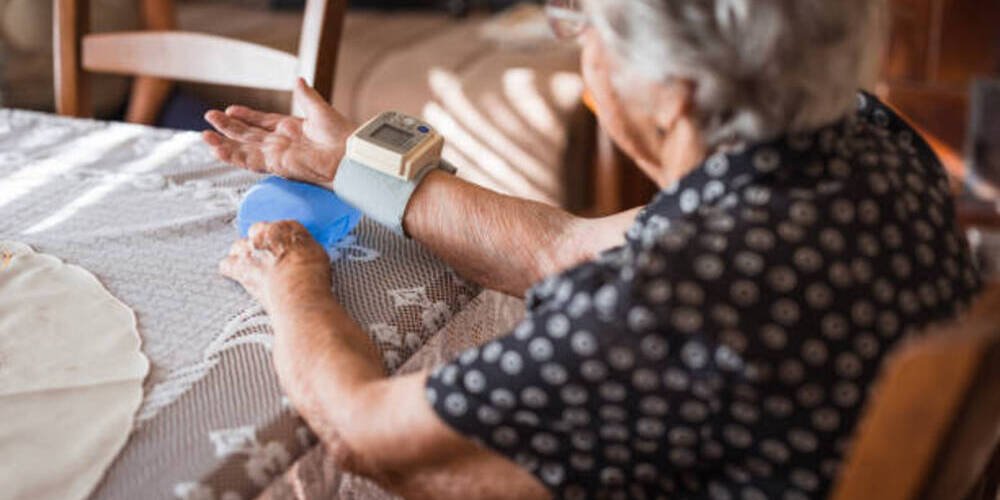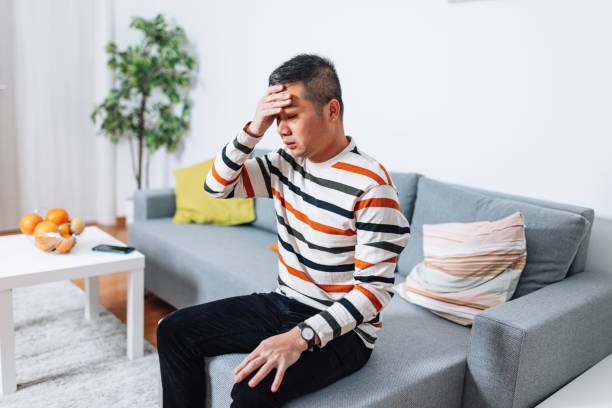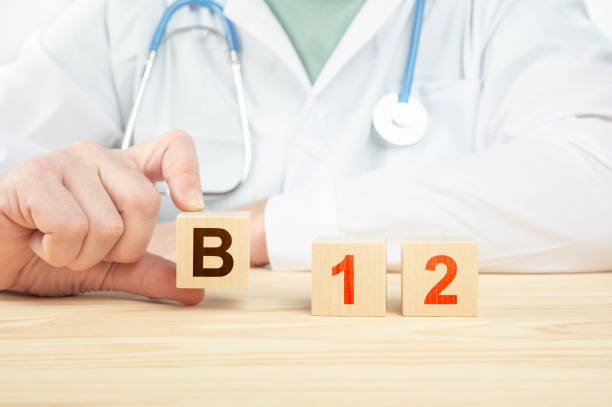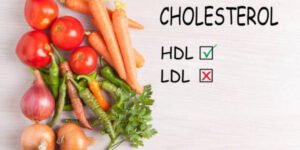
Sudden Low Blood Pressure is Dangerous! There Are Many Causes of Hypotension, so be Careful
When it comes to blood pressure, you may think that low blood pressure is safer than high blood pressure, and there is less chance of heart disease. However, persistent low blood pressure or a sudden drop in blood pressure may be fatal in serious cases. Please be careful. ! How to judge whether you have hypotension? What causes low blood pressure? Let this article answer your questions!
What are the standards for hypotension?
Blood pressure is usually lowest at night, gradually rises after getting up in the morning and is highest before noon. If the systolic blood pressure is 120 mmHg and the diastolic blood pressure is 80 mmHg or slightly lower, it is considered normal. Systolic blood pressure refers to the highest number of blood pressure, the pressure in the arteries when the heart contracts to pump out blood; diastolic blood pressure refers to the lowest number of blood pressure, the pressure in the arteries when the heart relaxes to fill with blood.
If the systolic blood pressure is lower than 90 mmHg and the diastolic blood pressure is lower than 60 mmHg, as long as one of them is met, it can be called hypotension, which will make people feel dizzy and weak. Some people often have low blood pressure but do not have any symptoms and do not need treatment. But if it is severe, it will cause insufficient blood flow to the brain and organs, leading to shock and death.
Why does hypotension occur? 3 common situations you must know
Hypotension can happen to anyone, and the conditions vary. The following three common conditions are:
1. Postural hypotension
Postural hypotension occurs when you feel dizzy when you stand up after sitting or lying down, and is more common in women and the elderly. When changing postures, the heart rate usually increases and the blood vessels contract to replenish the blood flow to the brain. However, the heart rate and blood vessels of people with postural hypotension are not as responsive as those of ordinary people. Blood cannot be supplied to the brain in time, resulting in short-term darkening of the eyes. , symptoms of dizziness.

2. Postprandial hypotension
After eating, most of the blood will enter the digestive system and lower blood pressure. You may feel dizzy or even fall down, which is more common in the elderly. The blood pressure dropped more significantly when eating more, especially when eating high carbohydrates, but there was not much difference when eating high-fat foods. Reducing the dose of blood pressure medication, drinking water before meals, or eating low carbohydrates can help reduce symptoms.
3. Nerve reflex syncope
Standing for a long time or experiencing mood swings can cause a sudden drop in blood pressure and cause syncope, which is more likely to occur in children and young people. Due to abnormal function of the nerves that control the cardiovascular system, blood vessels dilate, causing low blood pressure. Common symptoms include sweating, paleness, and nausea.
If you sometimes feel dizzy, blurred vision, nausea, fatigue and difficulty concentrating, or feel cold, pale, fast and shallow breathing, weak pulse, etc., please be sure to seek medical advice as soon as possible, because there may be more serious problems behind it.
Other reasons why blood pressure may be too low
In addition to the above three common causes of hypotension, the following may also cause hypotension:
- Pregnancy:
Because the body’s circulatory system rapidly expands during pregnancy, blood pressure may drop, but this is normal and blood pressure usually returns to pre-pregnancy conditions after delivery. - Heart problems:
These include slow heartbeat, heart valve problems, heart attack, and heart failure. - Endocrine problems:
Thyroid disease, adrenal insufficiency, hypoglycemia, and certain types of diabetes can all cause hypotension. - Dehydration:
Being dehydrated can cause you to feel weak, dizzy, and tired. In severe cases, fever, vomiting, diarrhea, etc. may occur. Excessive use of diuretics and strenuous exercise may lead to dehydration of the body. - Heavy bleeding:
Such as serious injury or internal bleeding, etc., will reduce the amount of blood in the body and cause a serious drop in blood pressure. When the body’s blood is invaded by bacteria, it may also lead to a severe drop in blood pressure, organ and tissue failure, and septic shock. - Severe allergies:
Ingesting or coming into contact with certain foods, medicines or insect venom may cause allergic reactions, such as difficulty breathing, hives, itching, swelling of the throat and drop in blood pressure. - Lack of nutrition:
Lack of vitamin B12 and folic acid will cause insufficient red blood cells in the body, leading to hypotension due to anemia. - Taking medications:
Parkinson’s disease medications, antidepressants, erectile dysfunction medications, and heart medications can all cause low blood pressure.

We remind you that if you have any concerns about blood pressure, please measure your blood pressure regularly and go to the hospital to check for anemia. Observe whether you are more breathless than others when working or exercising. If you feel any abnormality, please go to the cardiology department for examination. If there is no abnormality, you can exercise moderately to improve your health!











